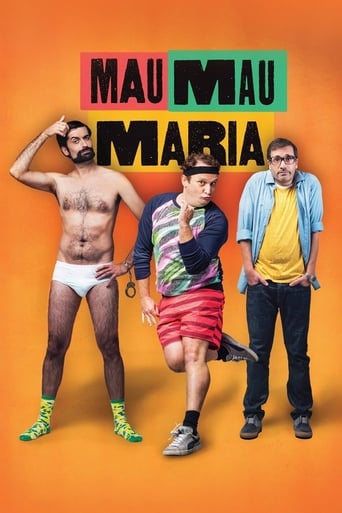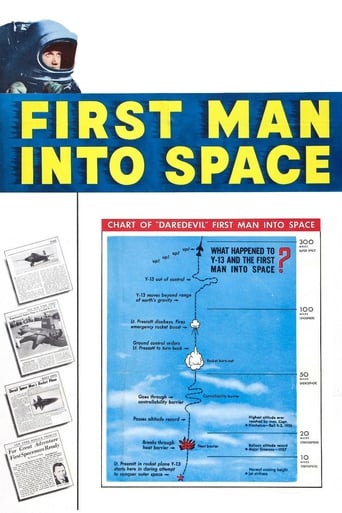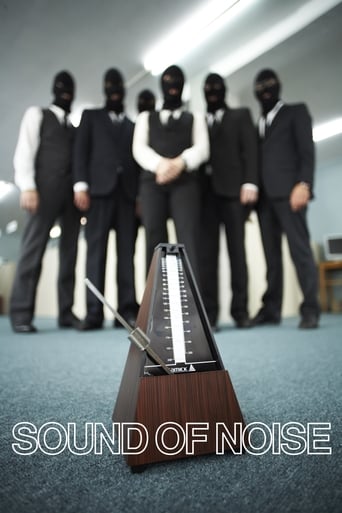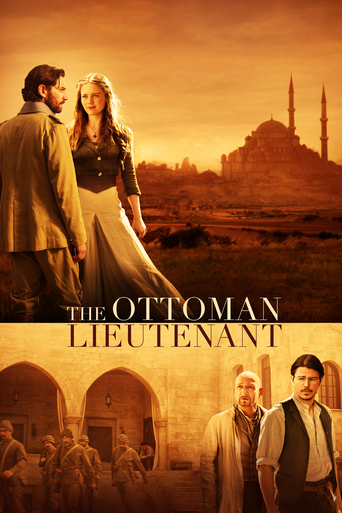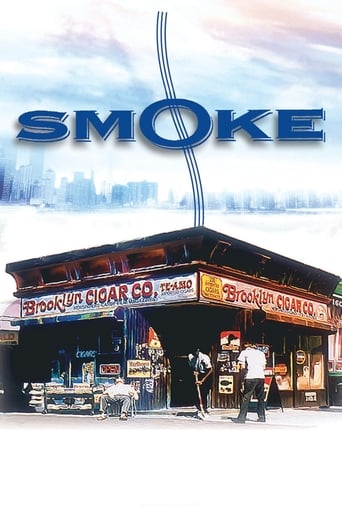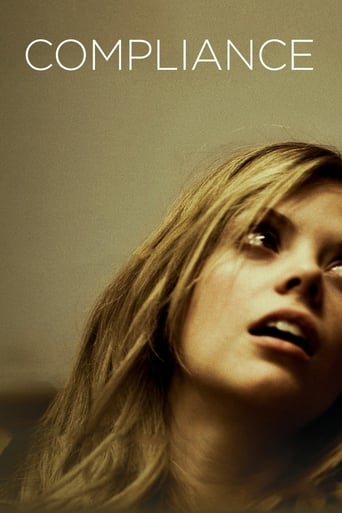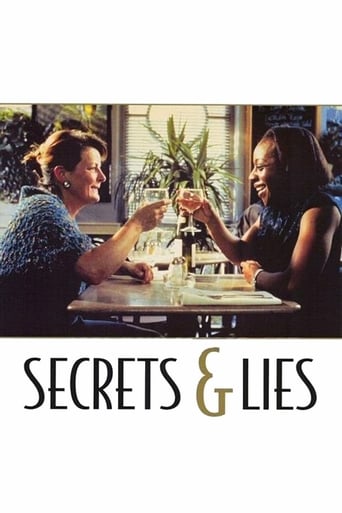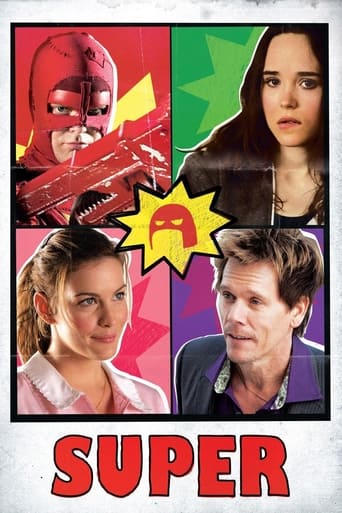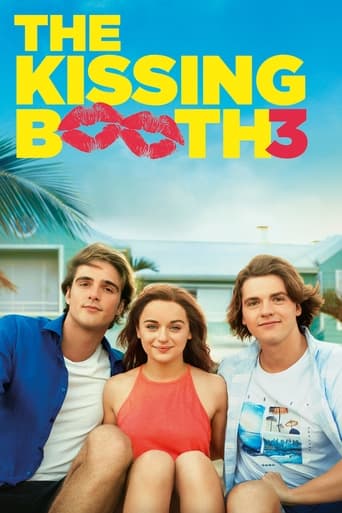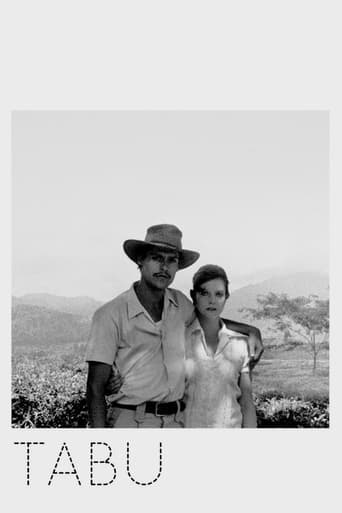


Tabu
Lisbon, Portugal, 2010. Pilar, a pious woman devoted to social causes, maintains a peculiar relationship with her neighbor Aurora, a temperamental old woman obsessed with gambling who lives tormented by a mysterious past.
-
- Cast:
- Teresa Madruga , Laura Soveral , Ana Moreira , Henrique Espírito Santo , Carloto Cotta , Isabel Muñoz Cardoso , Ivo Müller


Similar titles

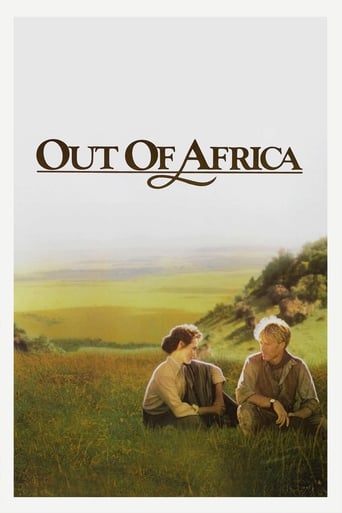

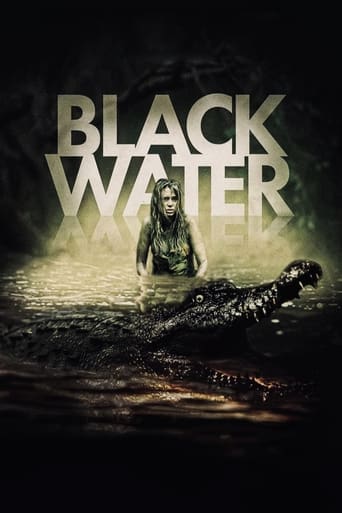
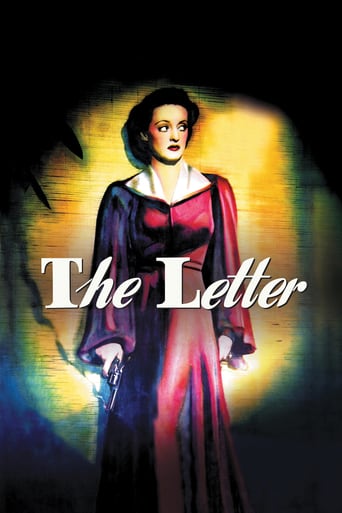
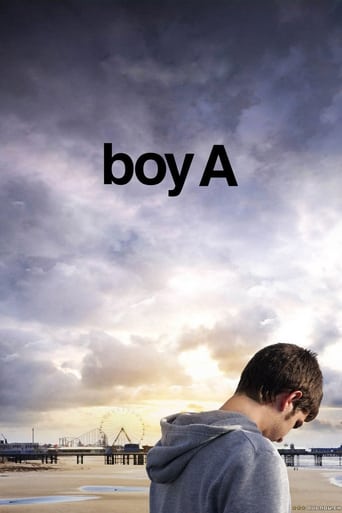
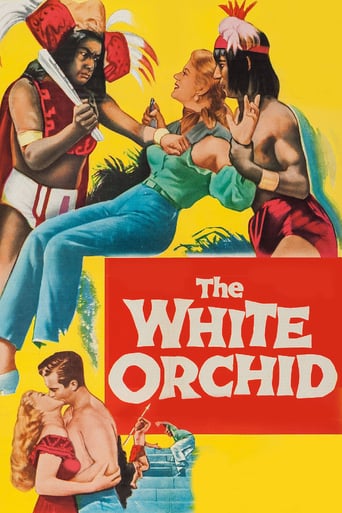
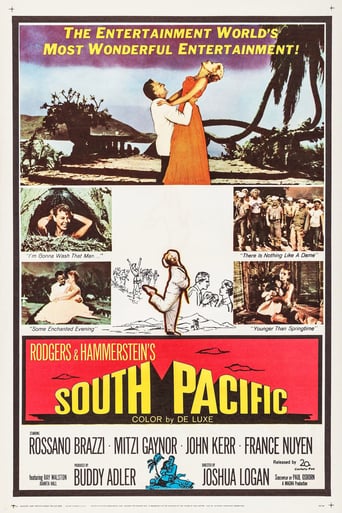
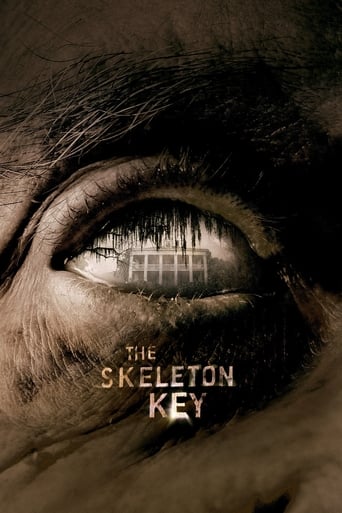
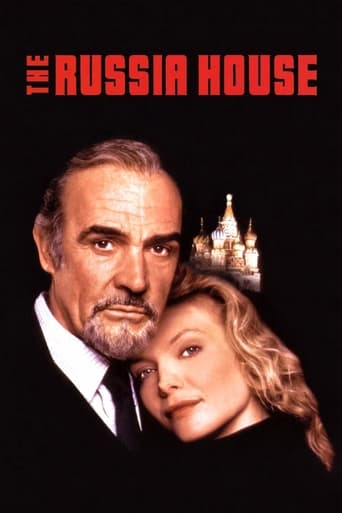
Reviews
Too much of everything
A Masterpiece!
Pretty good movie overall. First half was nothing special but it got better as it went along.
It is neither dumb nor smart enough to be fun, and spends way too much time with its boring human characters.
Tabu (2012/I) is a Portuguese movie co-written and directed by Miguel Gomes. The film begins in modern-day Portugal, where an old woman named Aurora (Laura Soveral) is leading a quiet and sheltered life. We know there's some mystery about her earlier life, but we don't know what it is. Aurora becomes ill, and when she realizes that she won't recover, she shares a man's name with a neighbor, and asks the neighbor to find this man.The film then shifts to Africa about fifty years earlier, at a time when Aurora was a young woman. (The young Aurora is portrayed by the lovely Portuguese actor Ana Moreira.) Portugal is still the colonial power, but the anti-colonialist revolutions are beginning.What happens during this period is full of wild romance, with Aurora at its center. The man named by the dying Aurora is the link that brings the two plots together.Although this movie was completed in 2012, it has the look of earlier film. This is partly because it's shot in black and white, and partly because the director has chosen to remind us that great movies have been with us for many, many years.We saw Tabu on DVD, where it worked well. It's not the perfect film for everyone, but it's a good choice if you want something foreign and different.
Honestly, the film started out slow and I wasn't sure where it was going in the first part.The second part cranked up fast and the audience becomes quickly engrossed in Aurora's past and her life in Africa. One completely understands her melancholy and longing for her past when you compare her farm on Mount Tabu to her life in Lisbon.Aurora's verboten romance with Gian Luca quickly builds up and the audience can feel the longing and how Aurora felt trapped with her pleasant husband.The saddest part for me was when Gian Luca played the drums to the Ronette's song and his entire demeanor is crushed and devastated.The film ends satisfactorily although the tragic ending of Gian Luca's romance with Aurora is well... sad and unfortunate.Miguel Gomes did an excellent job in this film and the actor Carlo Carlotta did wonderfully as did Ana Moreira. Teresa Madruga did great as the audience's eyes and ears.Lastly, I thoroughly enjoyed the use of black and white cinema for the Africa part of the film. It threw modern Lisbon into relief and made it seem even more drastically different.
Tabu is exactly the type of poetic old-fashioned film I adore. It's a simple story told very unconventionally, with the long slow death of a character in the first half (entitled "Paradise Lost") and then the best years of her life in the second ("Paradise") to the point of where the aforementioned Paradise came to an end. The aesthetics of the film are the real highlight here and truly capture the essence of the story in a unique way. The lush texture in the rich black and white photography are a delight to watch, and recall the effects Jim Jarmusch's Dead Man's cinematography had with the ethereal, sometimes tragic and sometimes comic atmosphere it created. The timeless cinematography is also reminiscent of the 1920s studio films with manufactured exterior shots and the use of a traditional 1.37:1 ratio. There's a fascinating use of sound too, with the second half being dialogue-less, despite watching characters talk, and featuring only atmosphere sounds of the jungle. There's also a great use of a Ronettes song that I love ostensibly translated into Portuguese. Tabu is a majestic film that had a profound effect on me. It's an interesting take on the long term consequence of a 'taboo' (in this case, adultery). One of the best of the year.9/10
This is a tough film to discuss in 500 words. It's so multifaceted, textural and moody. I'll try my hardest, but from the off, I must suggest that you just experience Tabu for yourself. You may have a different experience or opinion to me, you may feel the exact same. Either way, you won't regret it.Borrowing the name, two-part structure and love affair-plus-colonisation premise from F.W. Murnau's 1931 classic, Miguel Gomes' Tabu is a film of unmistakable vintage. But it's magnificently subversive too. With one foot in the past, one in the future and a head orbiting in it's own artistic universe, it's a little thing of beguiling beauty.Tabu opens with a tragicomic prologue centring around an exasperated explorer trekking through the harsh jungles of Southern Africa. Through Gomes' voice-over narration, we learn that he is distraught over the death of his wife some years ago, and this lost adventure will be his last. No crocodile tears on display, but there is an ominous little croc that lingers through the sequence - and the rest of the film - with cold, mournful eyes. In a word, stunning.From here, we begin with the chapter "A LOST PARADISE". In something that resembles a present day Lisbon, we meet our leading lady Aurora (Laura Soveral). A compulsive gambler whose memories are slipping away from her, yet images of hairy monkeys and African farmers still manage to pervade her dreams. Whilst she tries to recall her youth with altruistic next-door-neighbour Pilar (Teresa Madruga) and Santa (Isabel Cardoso), a black woman whom Aurora often woefully calls a housemaid/tyrannous witch, the fatalism of the prologue suggests that Aurora will only be able to relive her glory days in the afterlife.Cue part 2, "PARADISE". Told through vivid flashbacks and narration from former lover Gian- Luca Venture, we're finally made aware of Aurora's past once lost. Married to a wealthy farmer in the idyllic rural setting of Mozambique, Aurora embarks on a fiery affair with the devilishly handsome nomad Ventura, after her eager pet crocodile crossed the forbidden line into his neighbouring garden. It's a time of lost innocence and furtive whispers, so Gomes decides to strip away all forms of diegetic sound, leaving just the bodies and faces of incredible actors Ana Moreira and Carloto Cotta to express this simple, enduring love.Like Leos Carax's comeback success Holy Motors, Tabu is a film entrenched in film history and scholarly technique (unsurprising considering that they both started out as film critics). But Gomes goes one step further. Filmed in intoxicating black & white by cinematographer Rui Poças, Tabu is beautifully photographed; from the alarmingly stark opening image of a sweaty explorer looking lost in an African jungle, to the final image of a baby crocodile turning away from the camera and crawling out of frame. In an inspired touch, the two halves are filmed in different film stocks – the first in familiar 35mm, and the second in exquisitely old-fashioned 16mm. They mingle together to create a film with a perennial quality, existing as a piece of cinematic artifice but with a modern, reflexive twist.Similarly, the sound construction is unnervingly good. Mixing the deadened silence with ambient sounds, poetic narration and a Portuguese rendition of "Be My Little Baby" (made famous by The Ronettes) the composite sonisphere speaks for the unspoken, tabooed love to exceptionally powerful effect.Because the film's aesthetic is so dazzling, it's easy to lose track of the whimsical storyline. Based on diary entries and private letters, it has a very nostalgic feel, similar to Chris Marker's Sans Soleil. Just like that film, Tabu isn't a perfect movie, there's pacing issues and Gomes seems to be wrestling with three separate endings. But there's enough moments of unforgettable virtuosity, grace and intellect to make Tabu unmissable.More reviews at www.366movies.com

